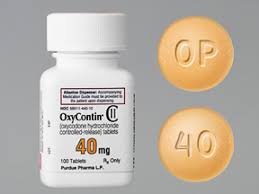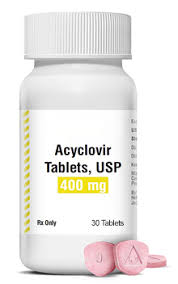OxyContin:Application,Side Effects,Precautions
Oxycodone, sold under brand name Oxycontin among others, is an opioid medication used for treatment of moderate to severe pain.It is usually taken by mouth, and is available in immediate release and controlled release formulations.Onset of pain relief typically begins within 15 minutes and lasts for up to six hours with the immediate release formulation. In the United Kingdom, it is available by injection.Combination products are also available with paracetamol (acetaminophen) or aspirin.

Application
OxyContin is used to help relieve severe ongoing pain (such as due to cancer). Oxycodone belongs to a class of drugs known as opioid (narcotic) analgesics. It works in the brain to change how your body feels and responds to pain.
The higher strengths of this drug (more than 40 milligrams per tablet) should be used only if you have been regularly taking moderate to large amounts of an opioid pain medication. These strengths may cause overdose (even death) if taken by a person who has not been regularly taking opioids.
Side Effects
Nausea, vomiting, constipation, dry mouth, weakness, sweating, lightheadedness, dizziness, or drowsiness may occur. Some of these side effects may decrease after you have been using this medication for a while. If any of these effects persist or worsen, tell your doctor or pharmacist promptly.
To prevent constipation, eat dietary fiber, drink enough water, and exercise. You may also need to take a laxative. Ask your pharmacist which type of laxative is right for you.
To reduce the risk of dizziness and lightheadedness, get up slowly when rising from a sitting or lying position.
Precautions
Before taking oxycodone, tell your doctor or pharmacist if you are allergic to it; or to other opioid pain relievers (such as oxymorphone); or if you have any other allergies. This product may contain inactive ingredients, which can cause allergic reactions or other problems. Talk to your pharmacist for more details.
This drug may make you dizzy or drowsy. Alcohol or marijuana (cannabis) can make you more dizzy or drowsy. Do not drive, use machinery, or do anything that needs alertness until you can do it safely. Avoid alcoholic beverages. Talk to your doctor if you are using marijuana (cannabis).
Before having surgery, tell your doctor or dentist about all the products you use.


